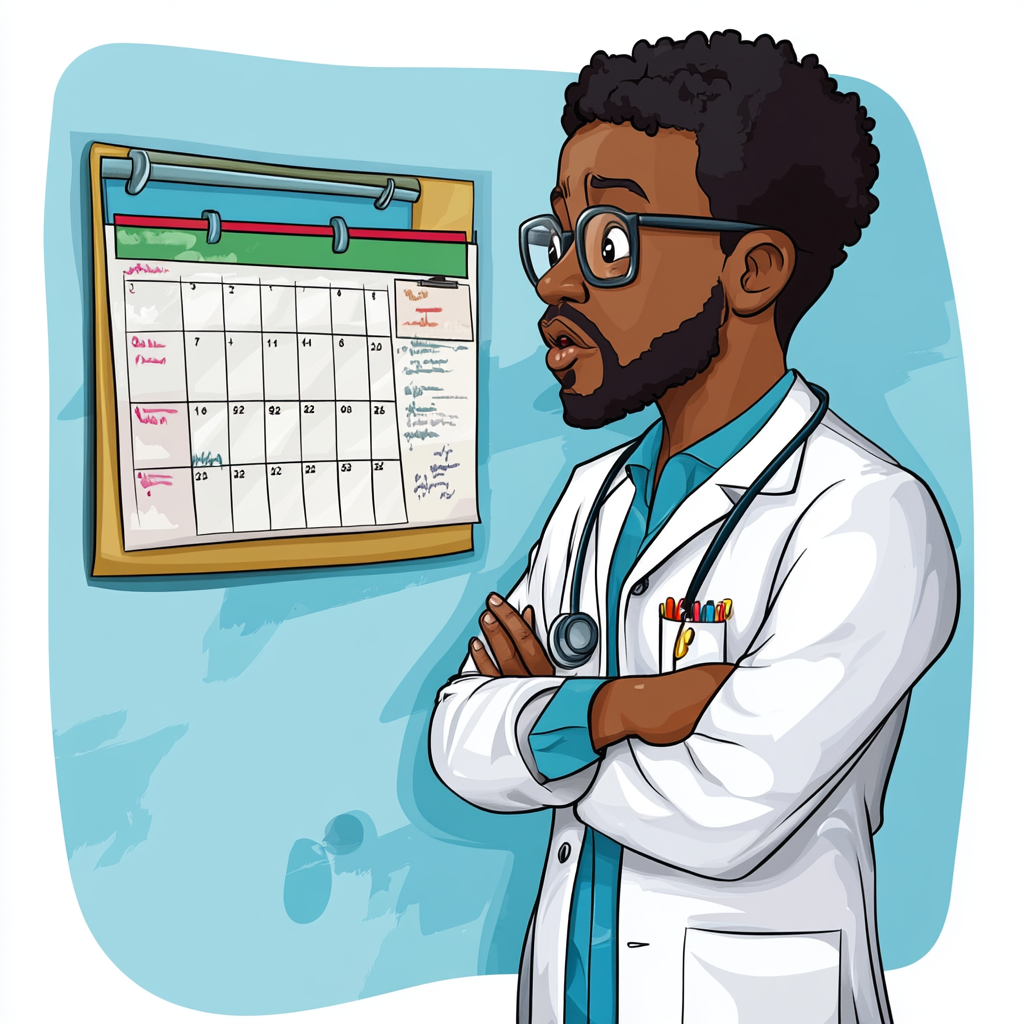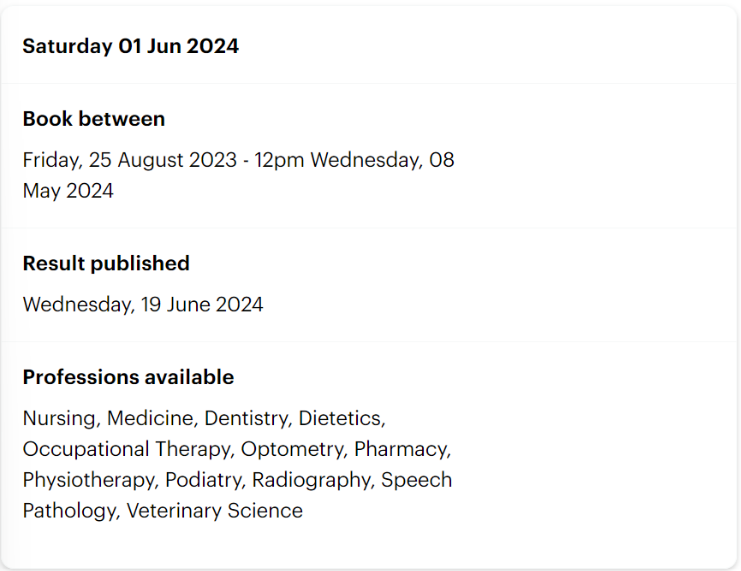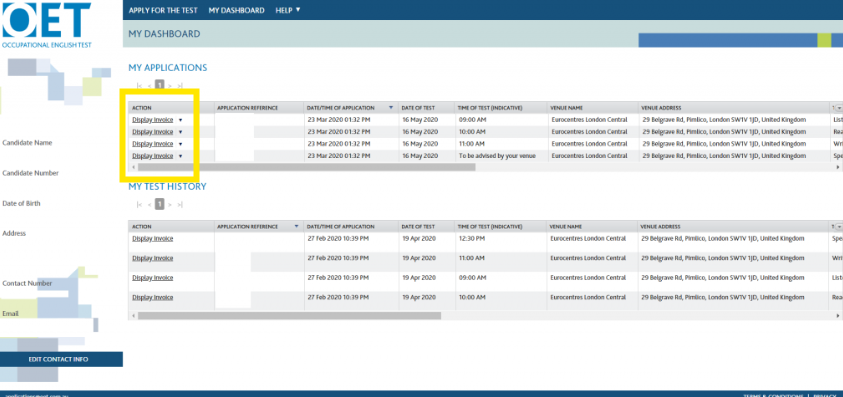You’ve done the revision and sat the exam but how long will it take to get your OET results?
One of the most common questions our candidates have at Fast Track IELTS is about the OET results time frame. Here are 5 tips to help you understand how long it takes to receive your OET results so that you can efficiently plan the next steps in your professional journey.
Let’s get started!

1. Understanding the OET Results Time Frame
The time frame for your results depends on the type of test you took so keep this in mind when choosing which type of test you are going to sit.
For the OET Test on Computer or OET@Home, your results will be available within 10 days from the test date.
For the OET Test on Paper, your results will be available 17 days after the test date.
The time frame for your results depends on the type of test you took so keep this in mind when choosing which type of test you are going to sit.
2. Planning Your OET Results
At Fast Track IELTS, we understand that our students often have deadlines to meet and need to know exactly when they will receive their results. One top tip is that when you view the Test Dates section of the OET website, you can view the dates when results will be published for each test sitting.

3. Accessing Test Results
Again, to access test results, the methods are slightly different depending on the type of test you take:
OET on Paper
- Log into your myOET account.
- Go to “Test Details” and look at the “Grade” column to view your results.
- To download your results, go to the “Action” column on the left side of your dashboard and click the black triangle.
- Select “Download” to save your results certificate to your computer.

OET on Computer / OET@Home
- Log into your OET Global account
- To view your results, go to “My Results” on the left side of the screen
- Click “Download SOR” (Statement of Results) to save your results to your computer
4. Sharing Your Results with An Organisation
Congratulations! You have now got the grades that you need and you will be eager to share these results with the organisation you want to register with. To do this:
OET on Paper
- Log into your myOET account.
- Look at the “Action” column and find your OET Test booking
- Click the drop-down arrow and select “Manage Verifier Access”
- In the pop-up window, search for your organisation or institution by name or country
- Select your organisation and then “Save”
OET on Computer / OET@Home
- Log into your OET Global account.
- Click the “My Results” tab then “Manage Verifier Access”.
- Search for your organisation or institute and select “Start Sharing With This Organisation”.
Remember that you will have to repeat these steps again if you have to re-sit the exam.

5. Avoiding Delays
It can be extremely frustrating when results are delayed so make sure to follow these tips:
- Public Holidays: Check that your results won’t be delayed by public holidays such as Christmas and New Year. You can check this by viewing the Test Dates section on the OET website and view the date given under “Results Published”.
- Technical Issues: Make sure to use a laptop or desktop computer to access your account instead of a mobile device. Also enable all pop-ups in your web browser.
Need More Help?
At Fast Track IELTS, we have over a decade of experience supporting students with both their studies and registration. If you want further help with the registration process for your organisation, comment below or find out more info by contacting us at contact@passmyielts.com.
Have a question about how long your results will take? Leave a comment below and our teachers will get back to you.





